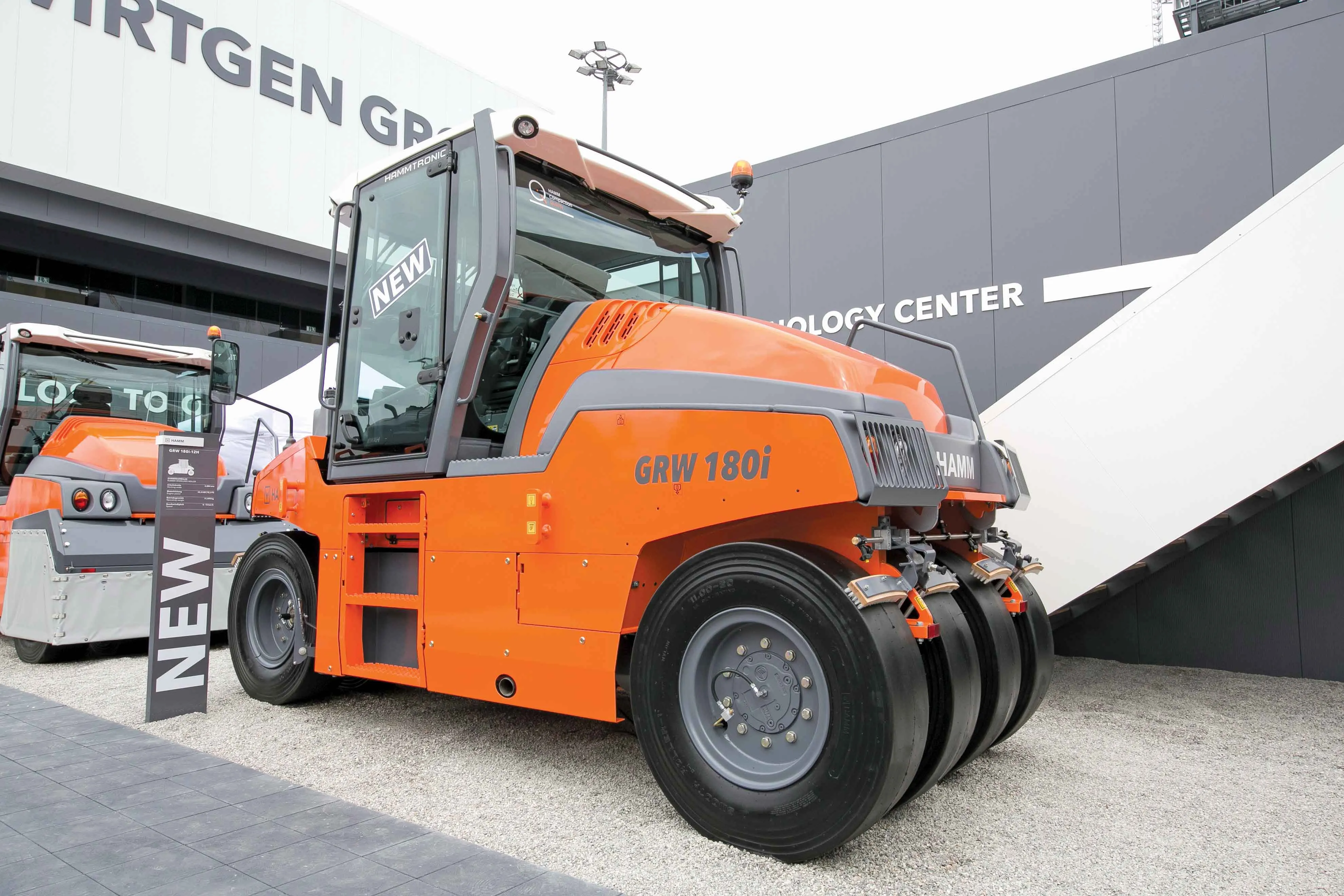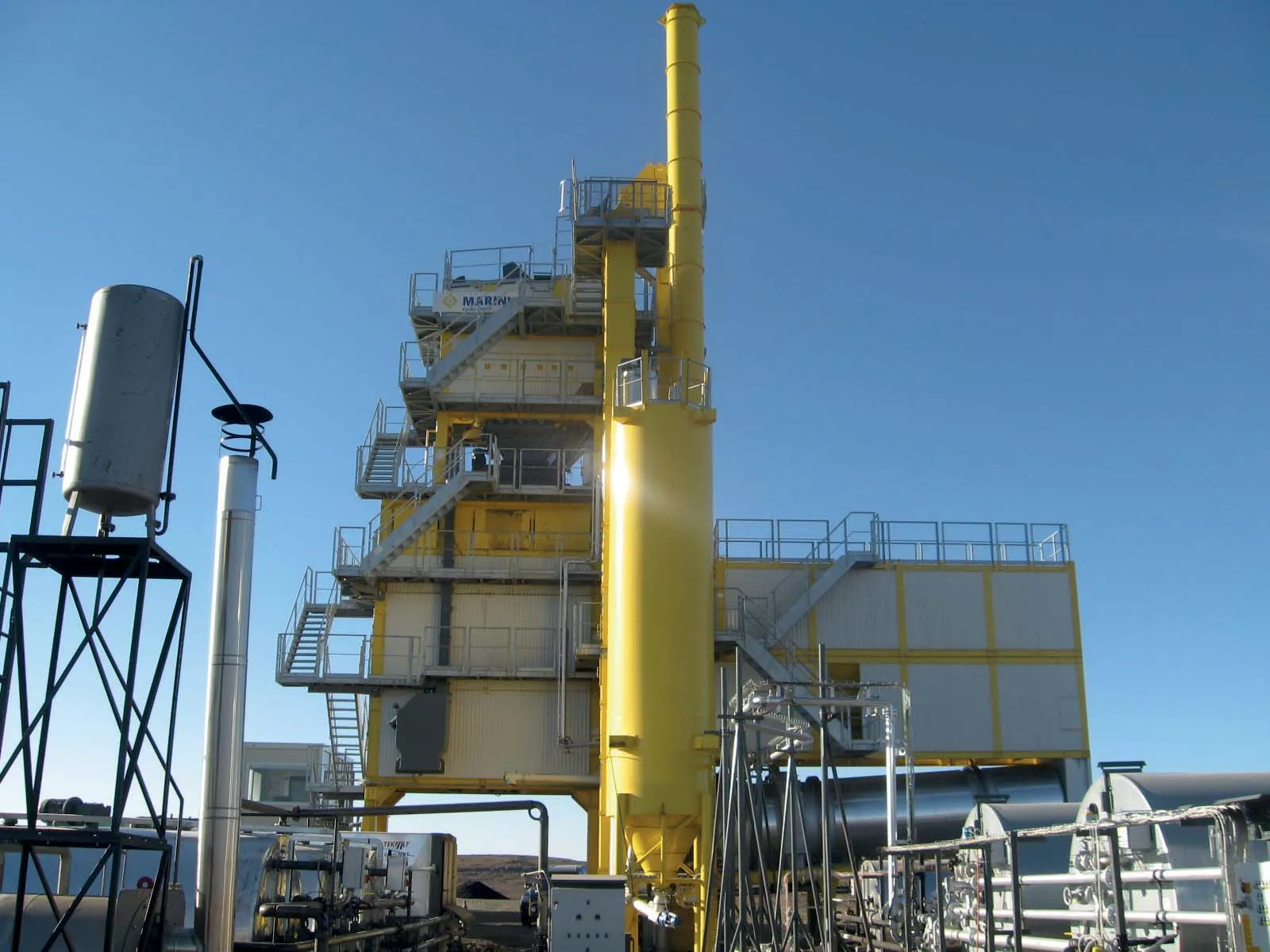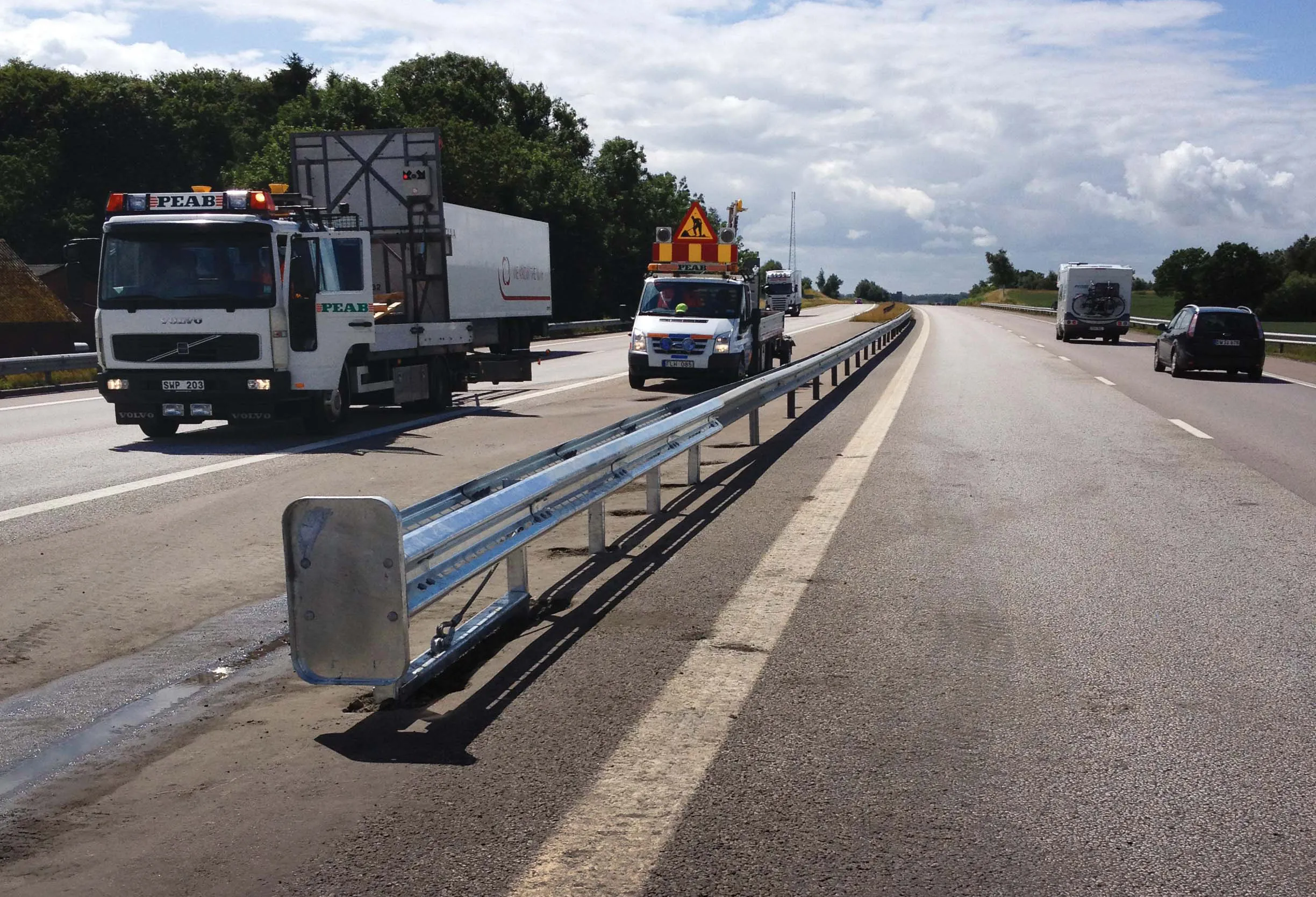A Japanese designer has developed a battery powered vehicle that features bodywork, seating and floor made from bamboo. The vehicle offers a 50km range and is reputed to weigh just 60kg (it is not clear if this includes battery weight although it seems unlikely). The diminutive single seater also has bodywork that is 100% biodegradable. Crash testing results have not been announced for the vehicle so far, although bamboo's flexibility means that it may well offer good shock absorbing properties. However dri
July 6, 2012
Read time: 2 mins
A Japanese designer has developed a battery powered vehicle that features bodywork, seating and floor made from bamboo. The vehicle offers a 50km range and is reputed to weigh just 60kg (it is not clear if this includes battery weight although it seems unlikely). The diminutive single seater also has bodywork that is 100% biodegradable. Crash testing results have not been announced for the vehicle so far, although bamboo's flexibility means that it may well offer good shock absorbing properties. However drivers are likely to require eye protection, as bamboo tends to splinter under high-stress impact loads. Wet weather gear would also be required should the forecast predict rain as the bodywork is full of holes. No seatbelts have been fitted to the demonstration vehicle although environmentally-friendly options for woven raffia palm or hemp seatbelts could be developed to suit. No ashtrays have been fitted and the vehicle is not suitable for use by smokers.









